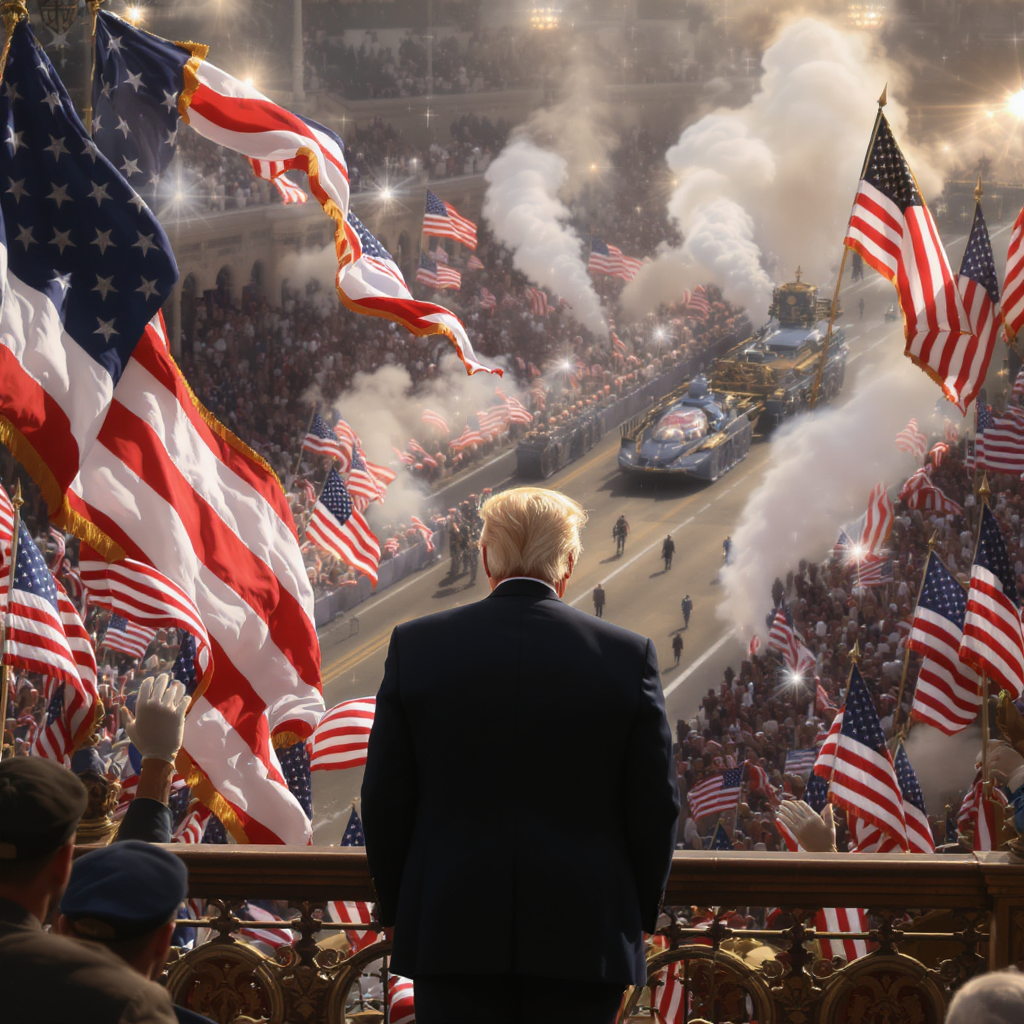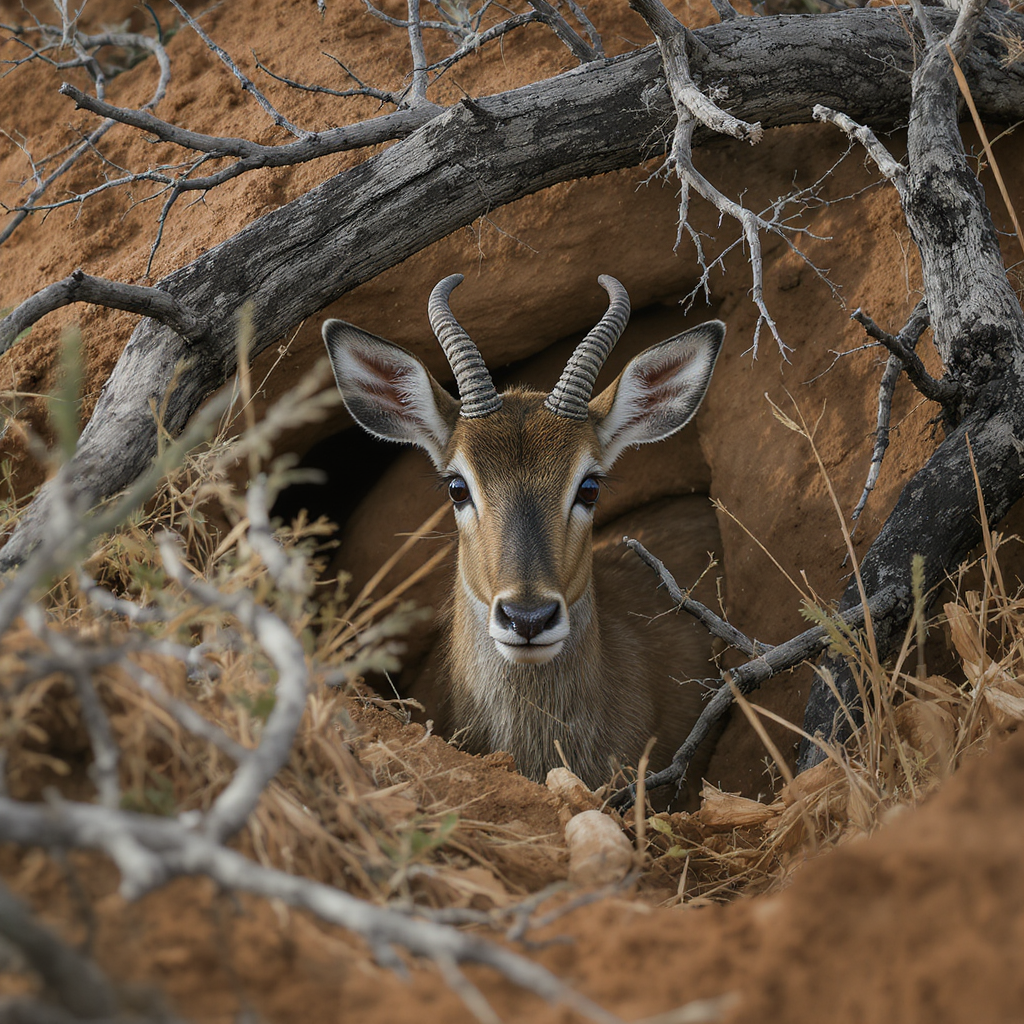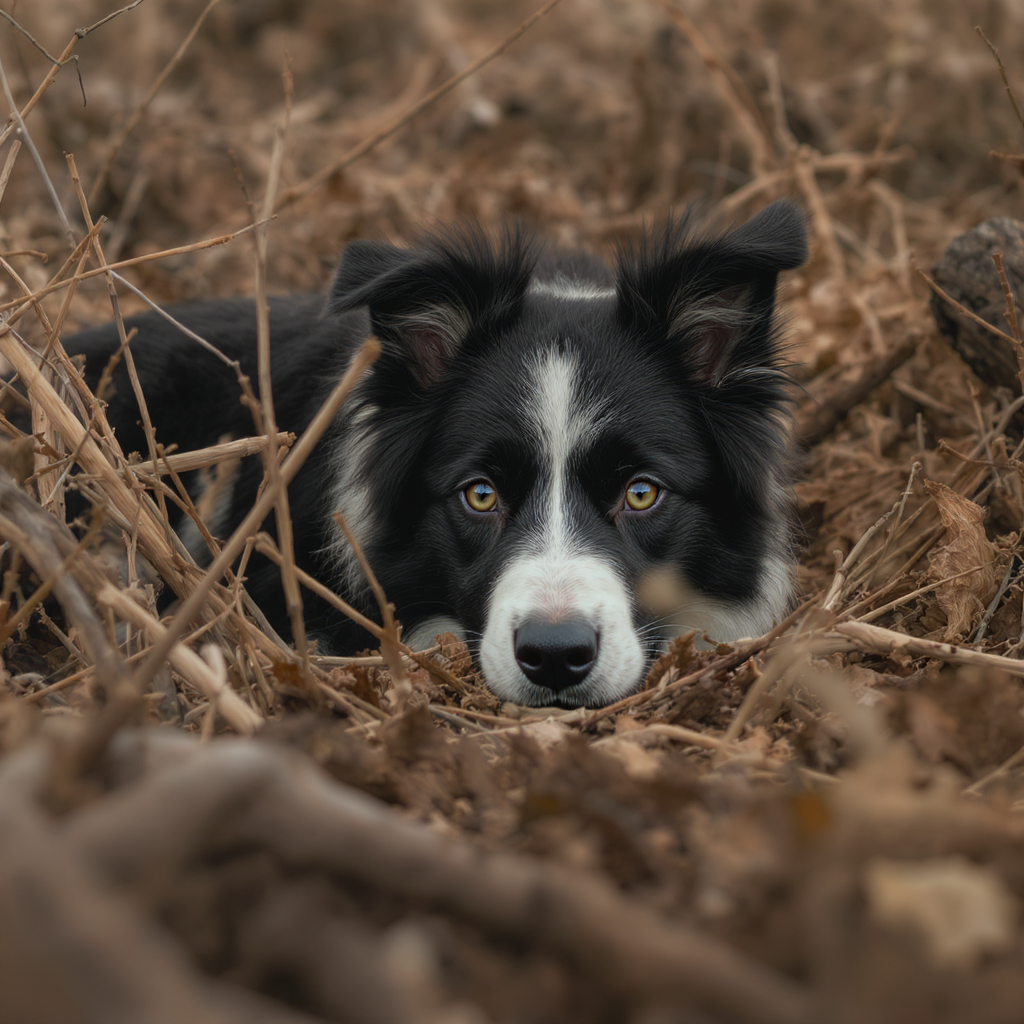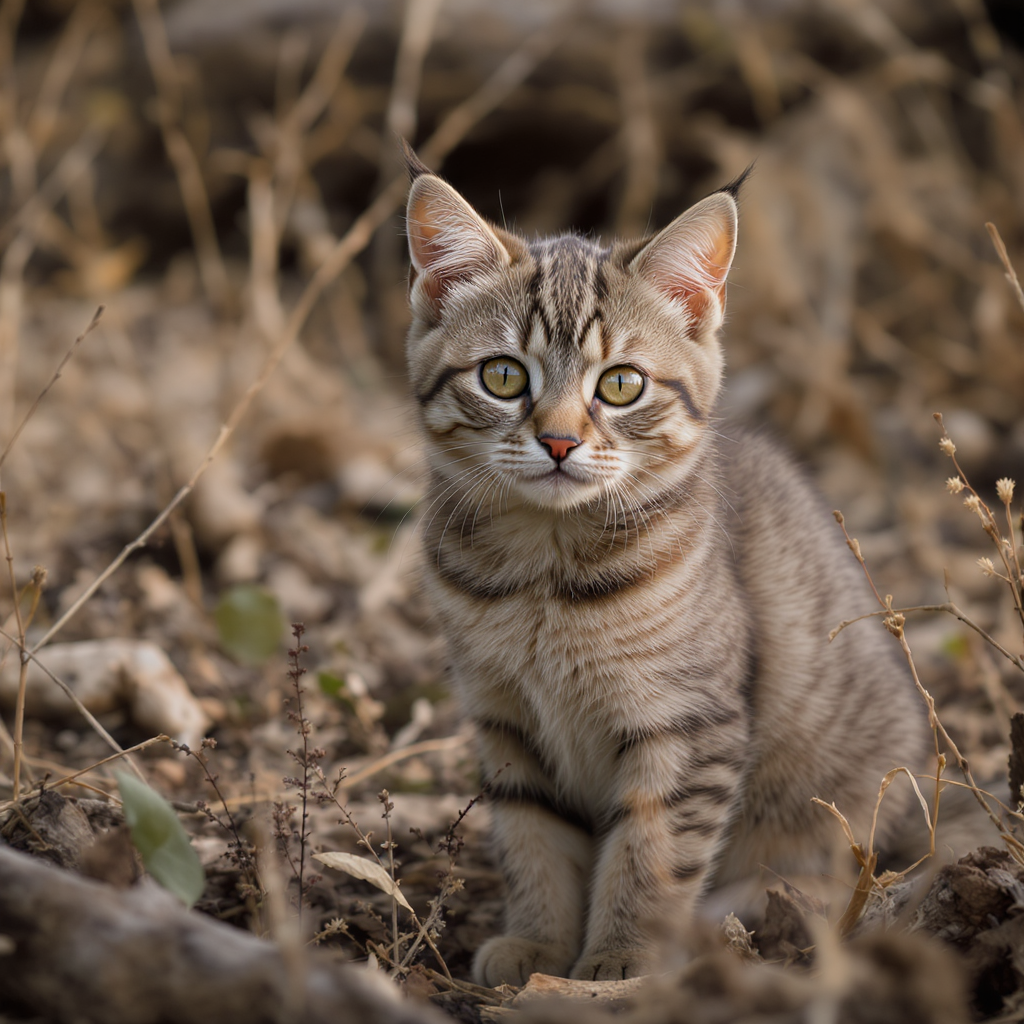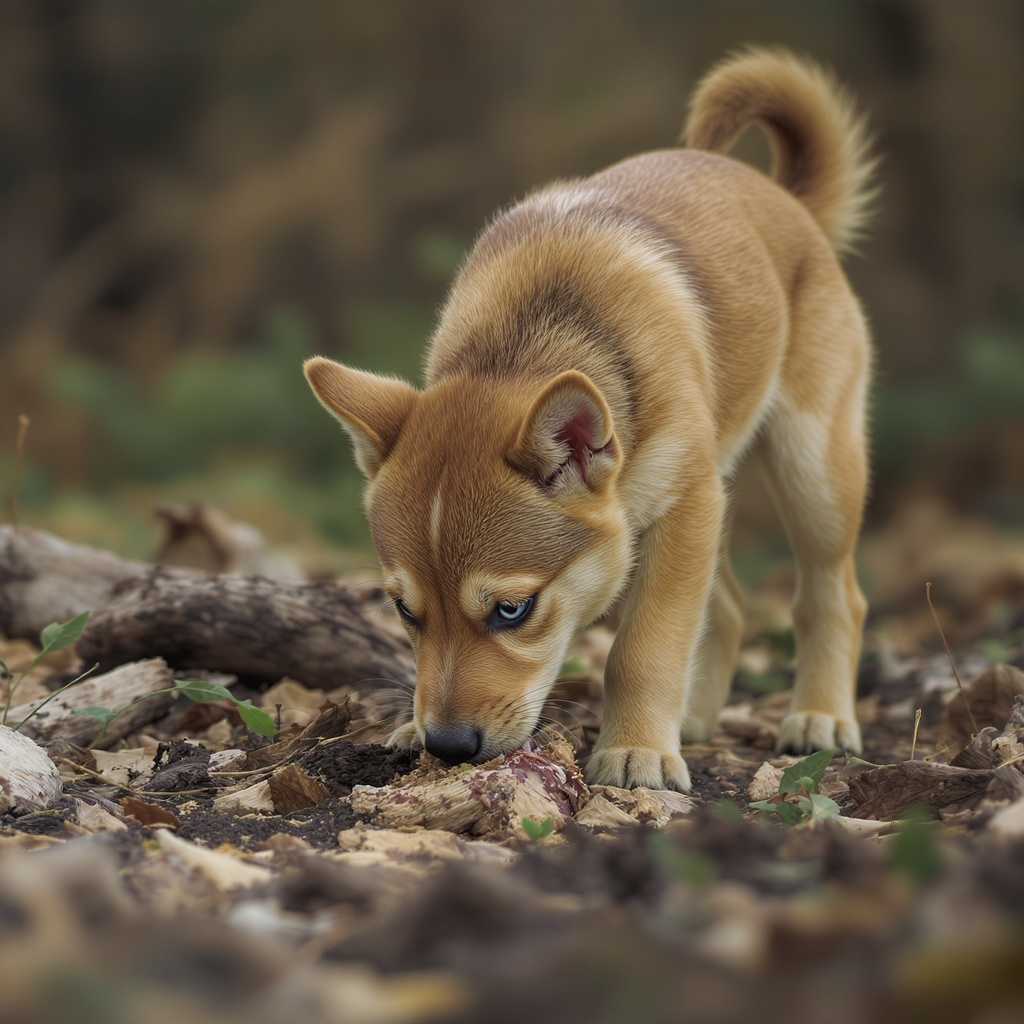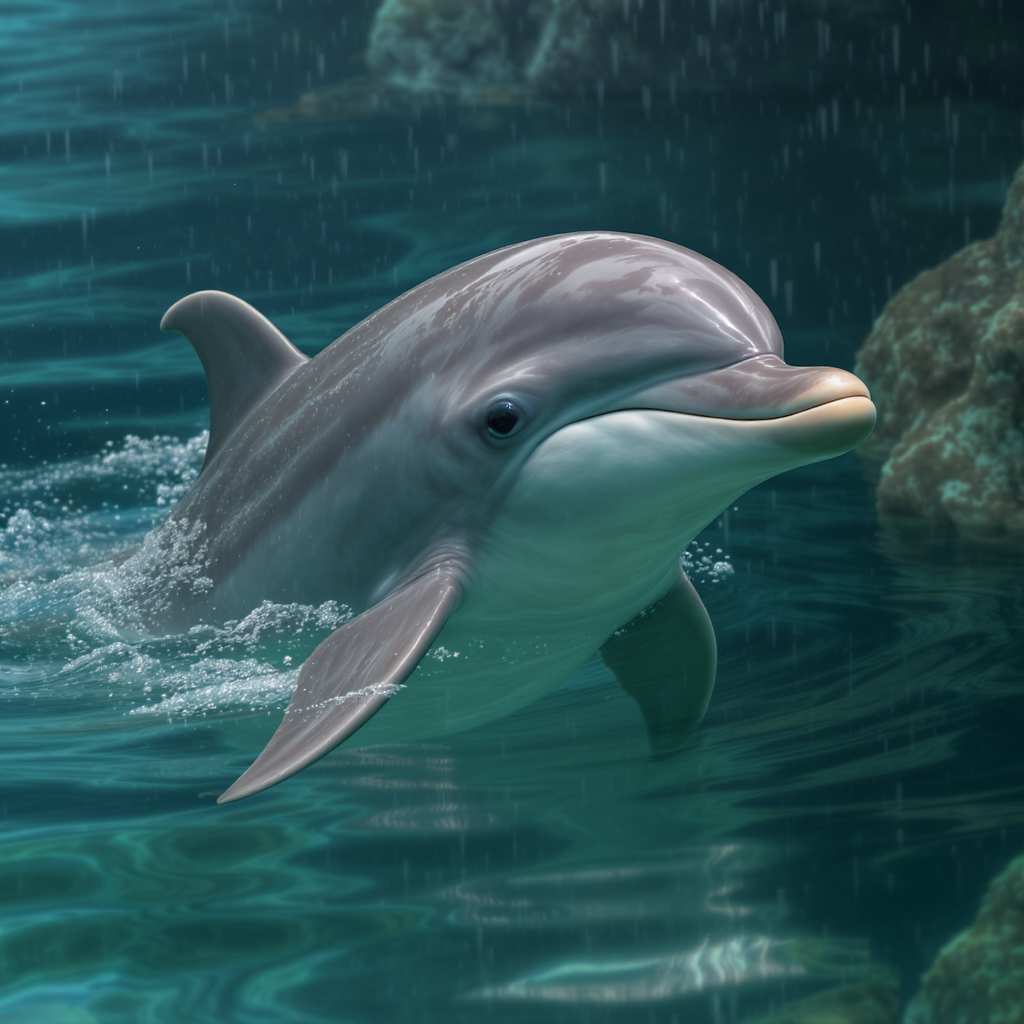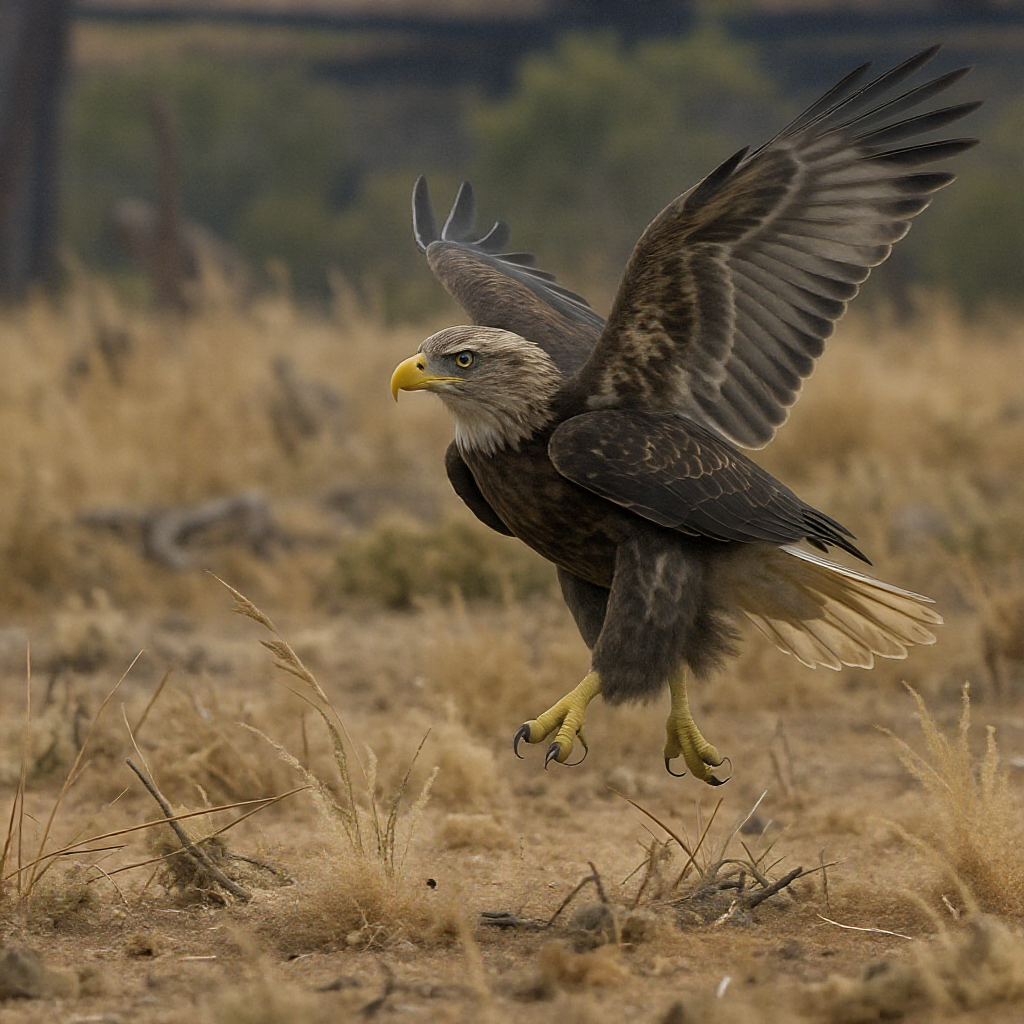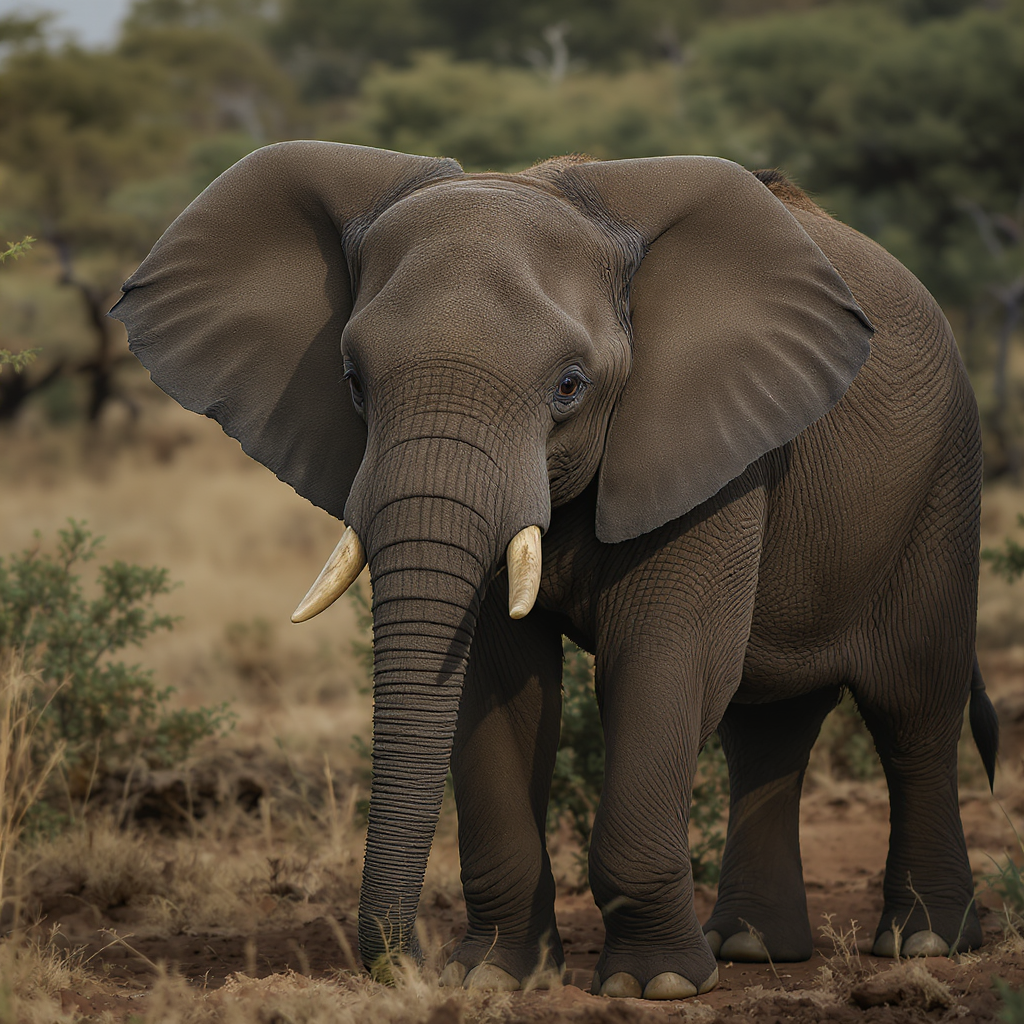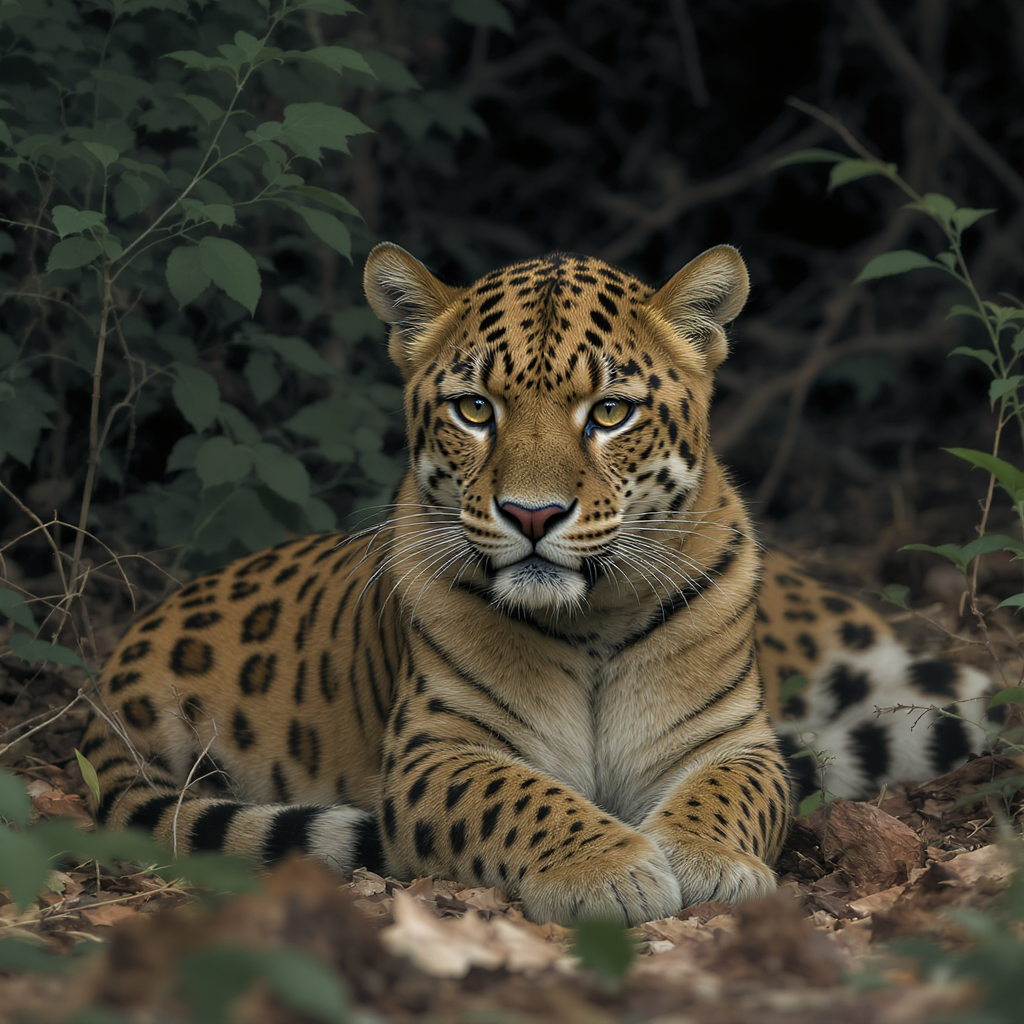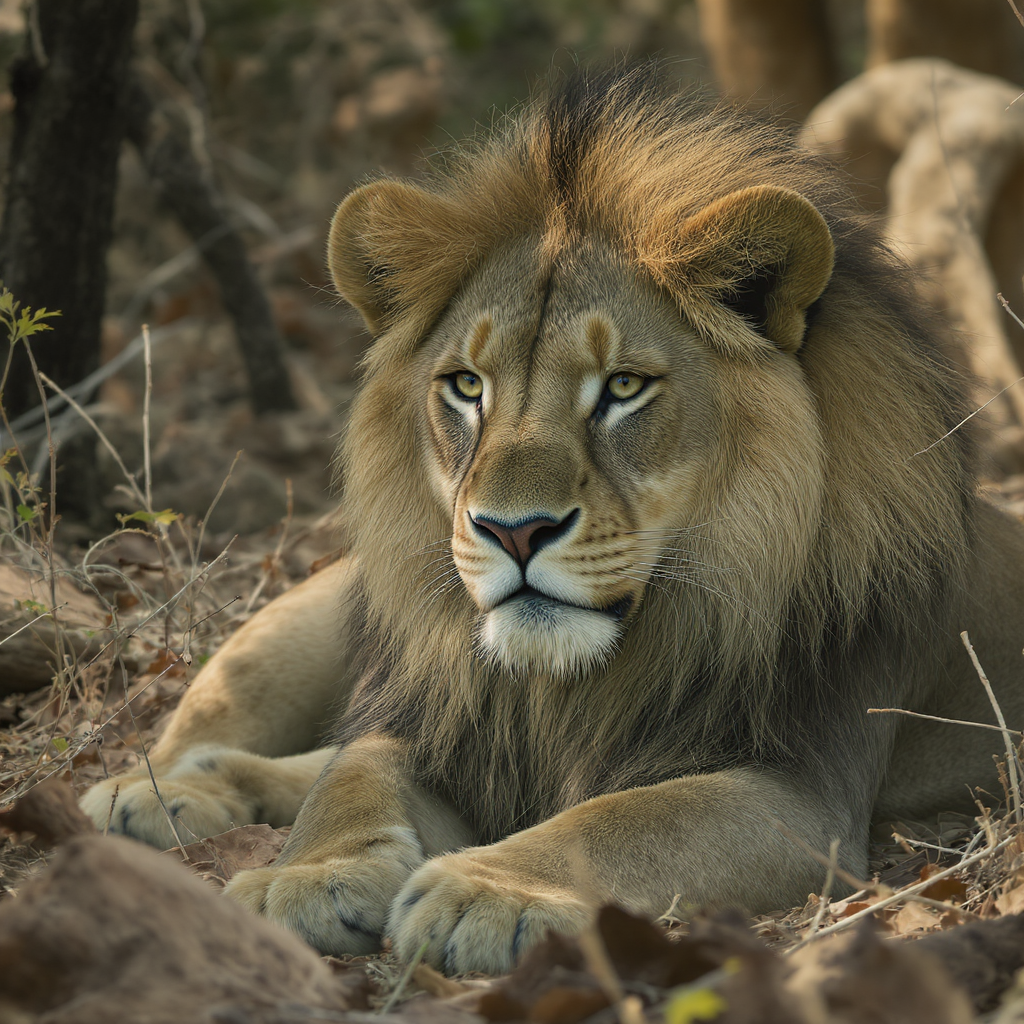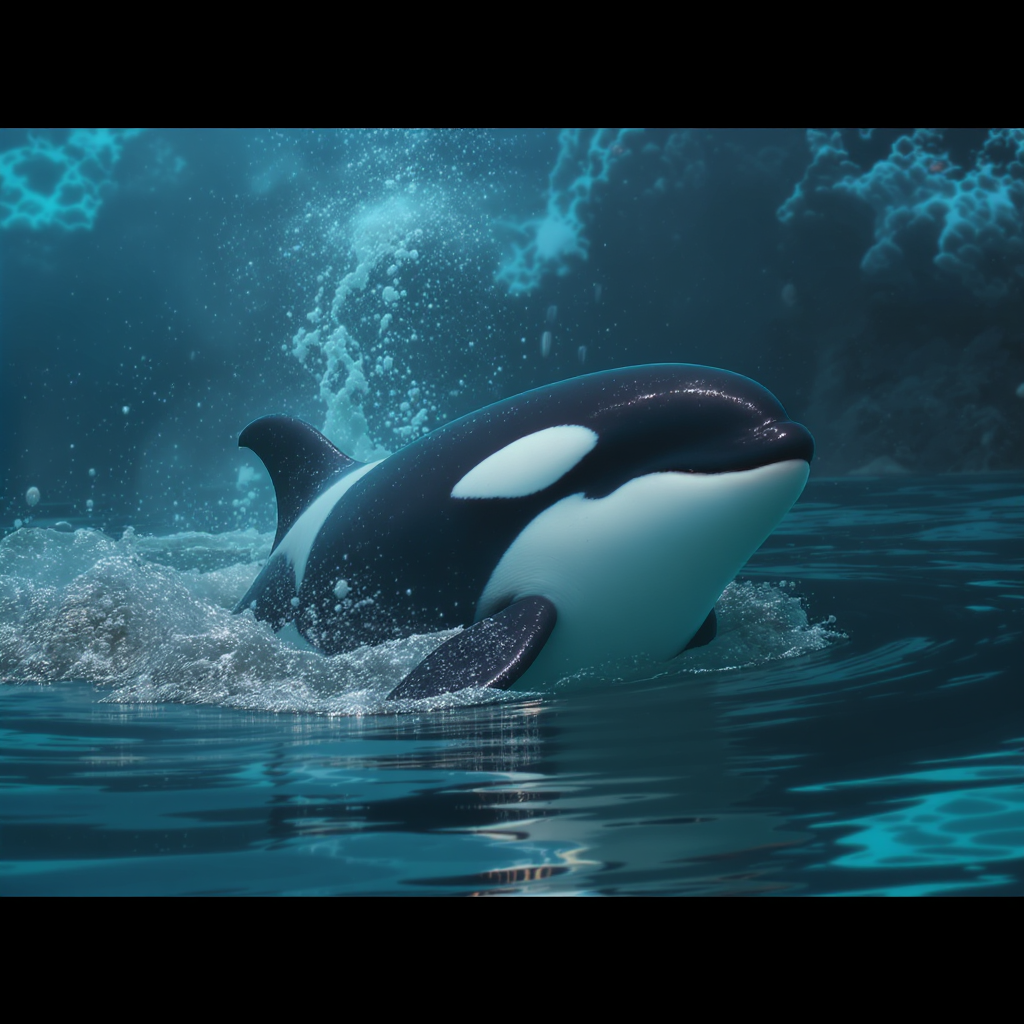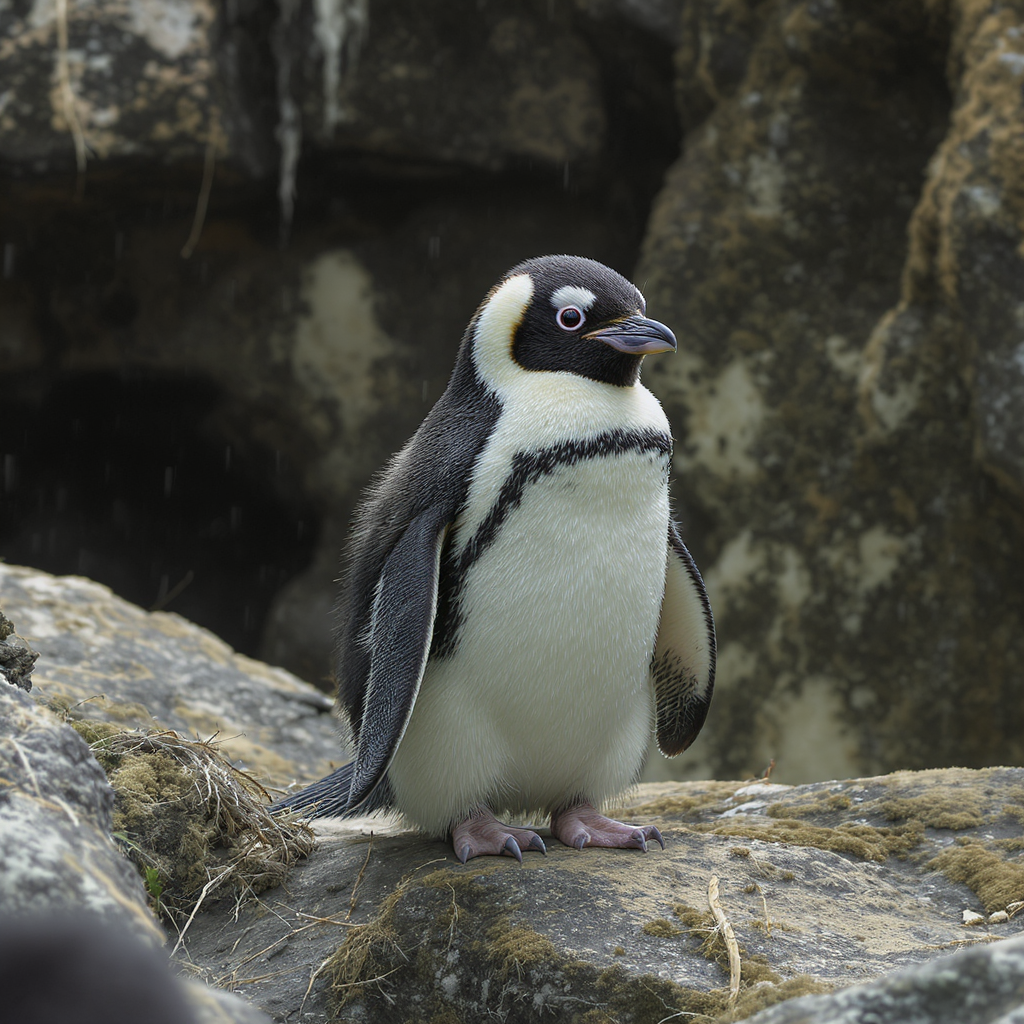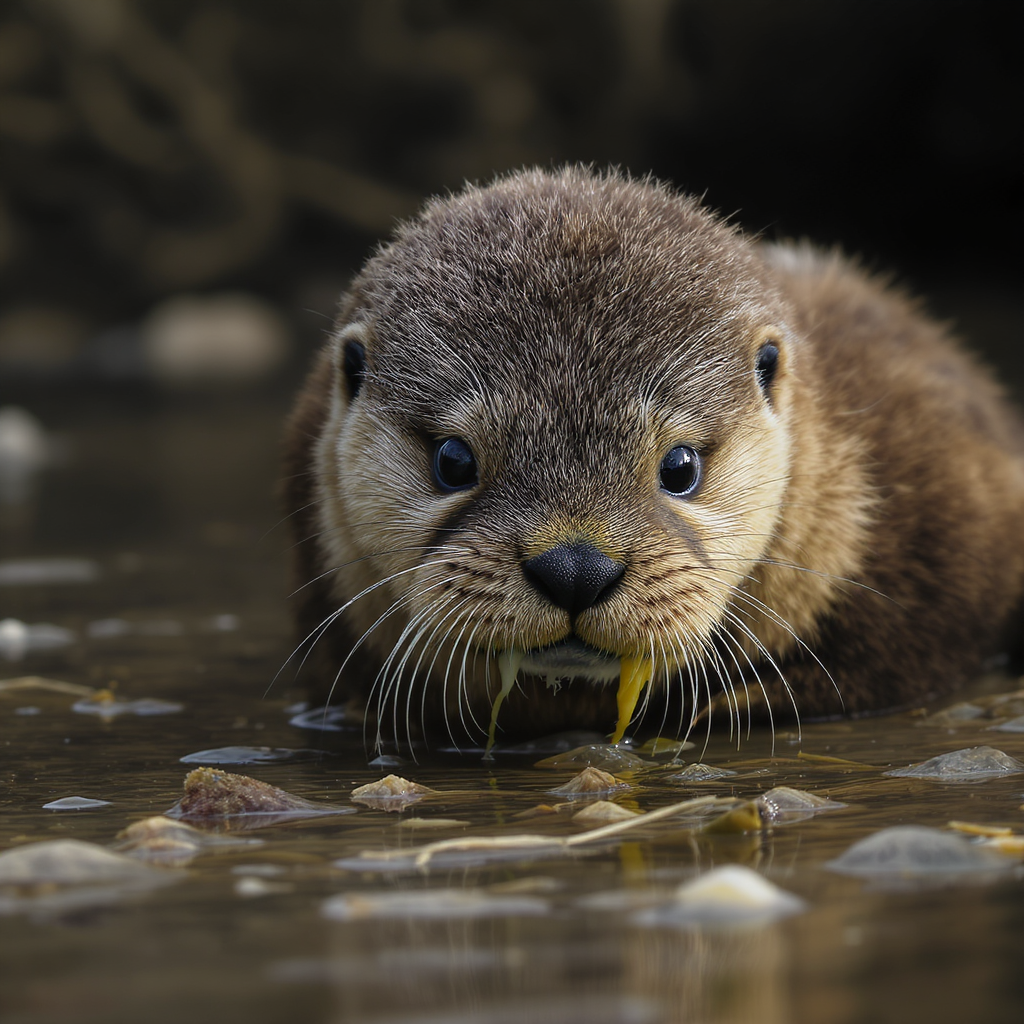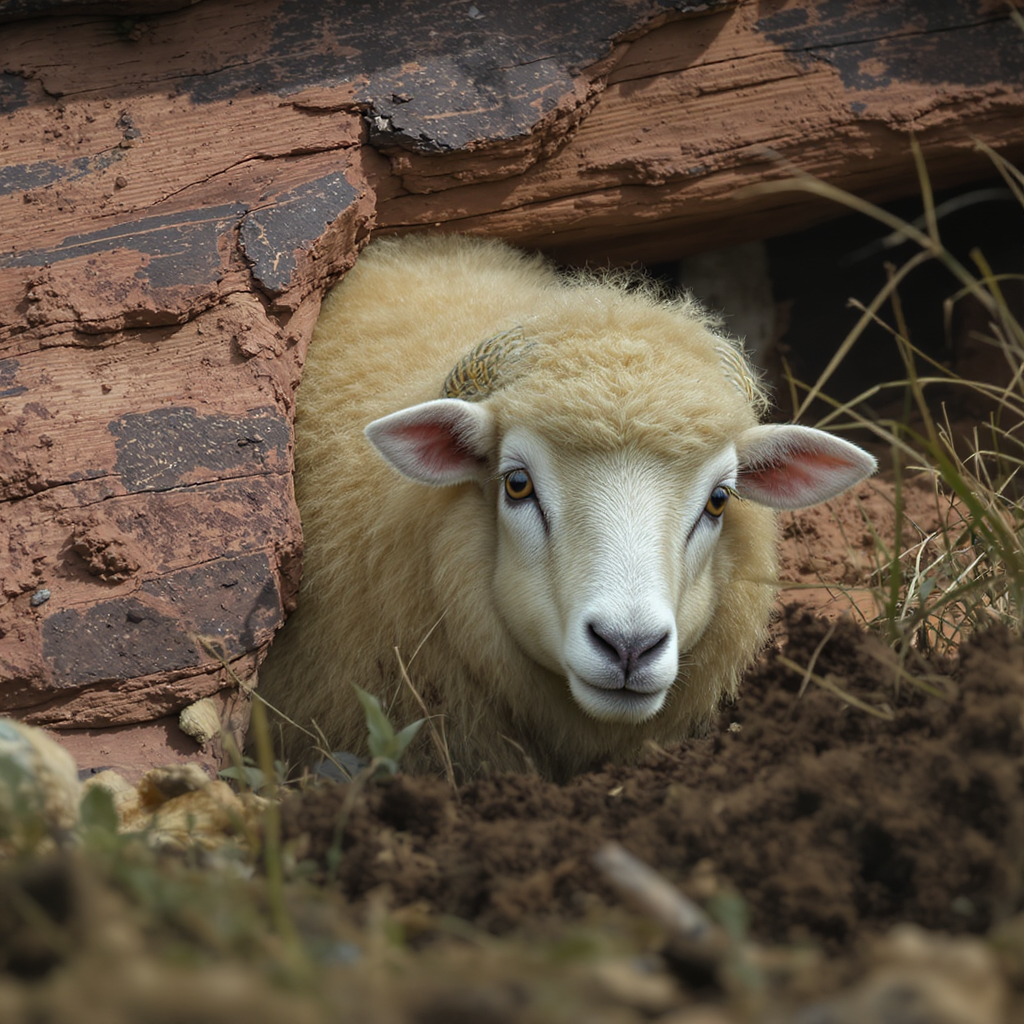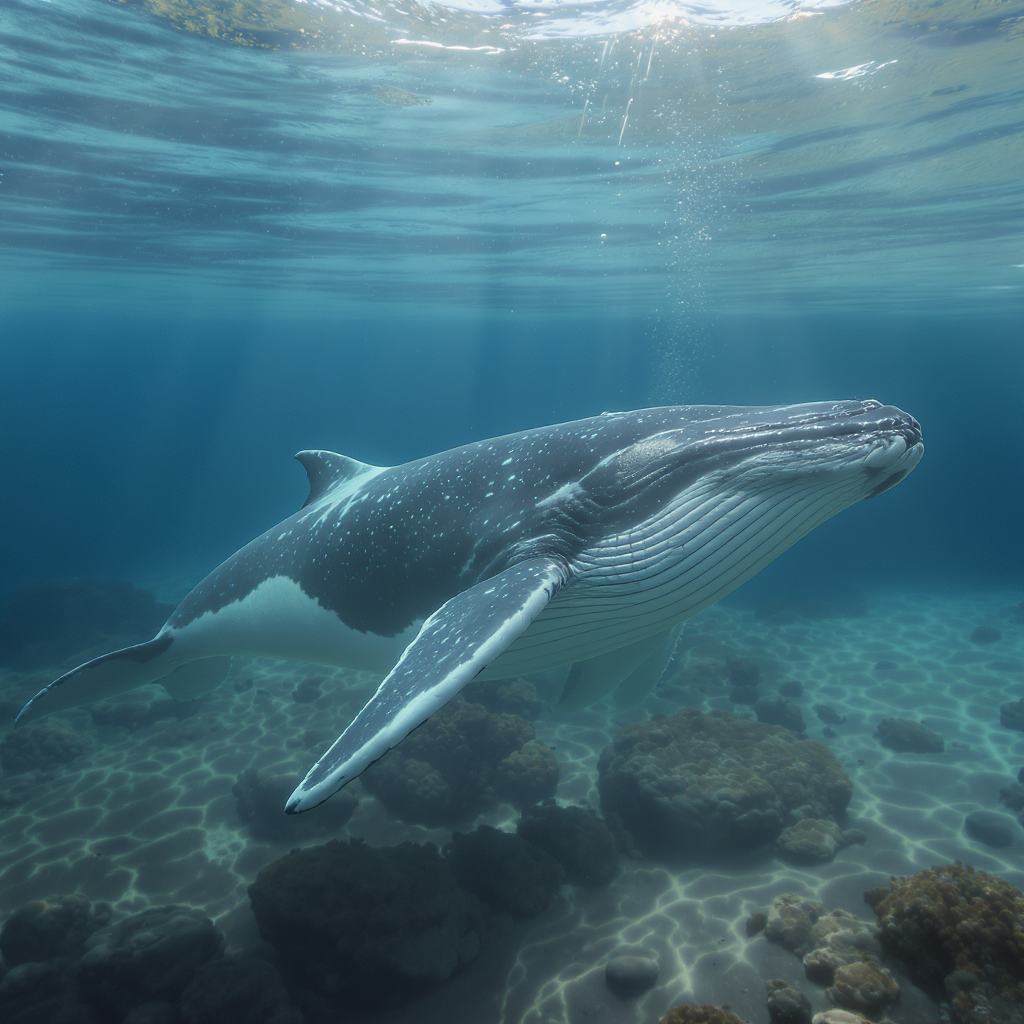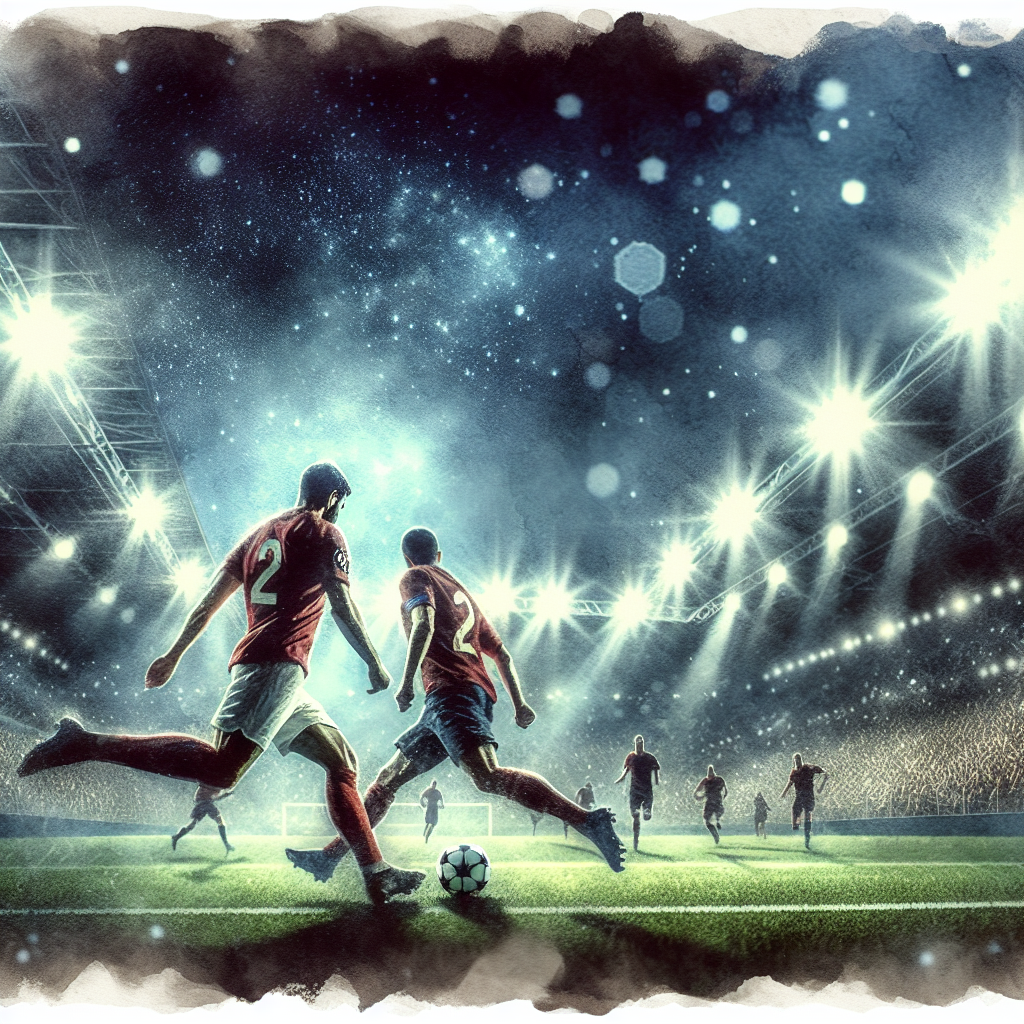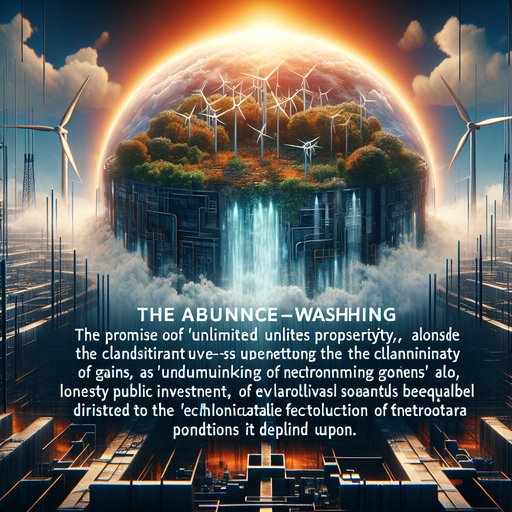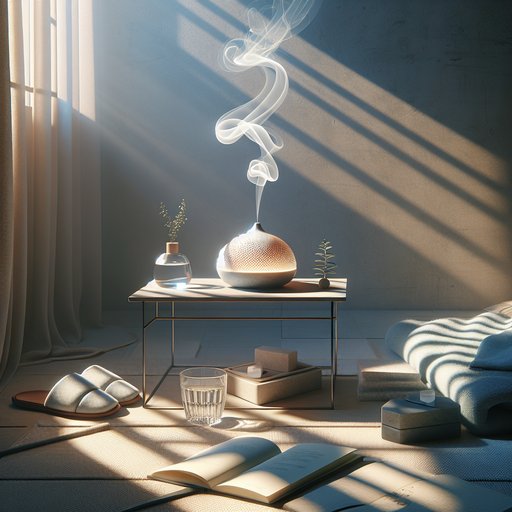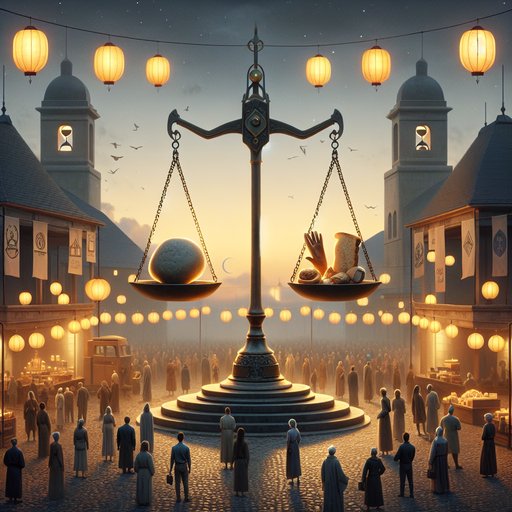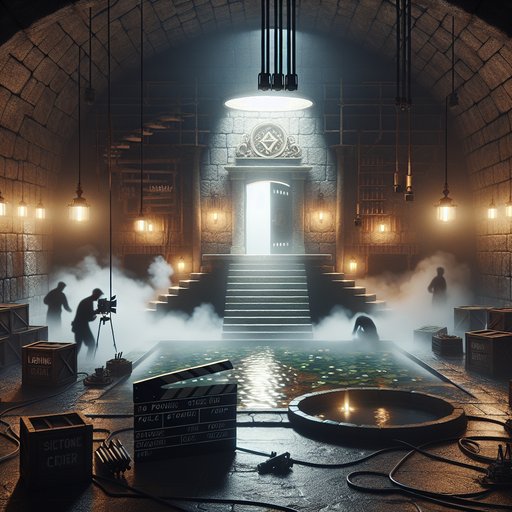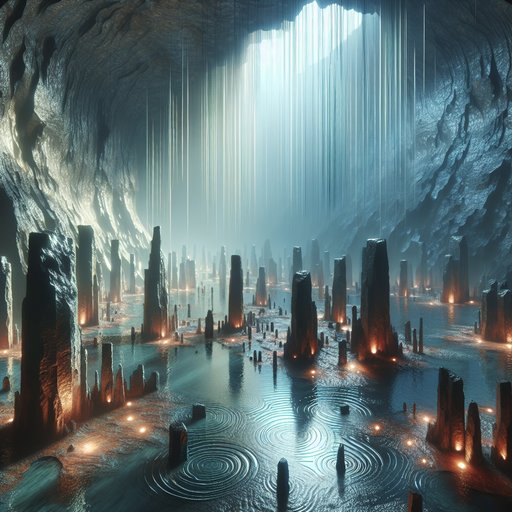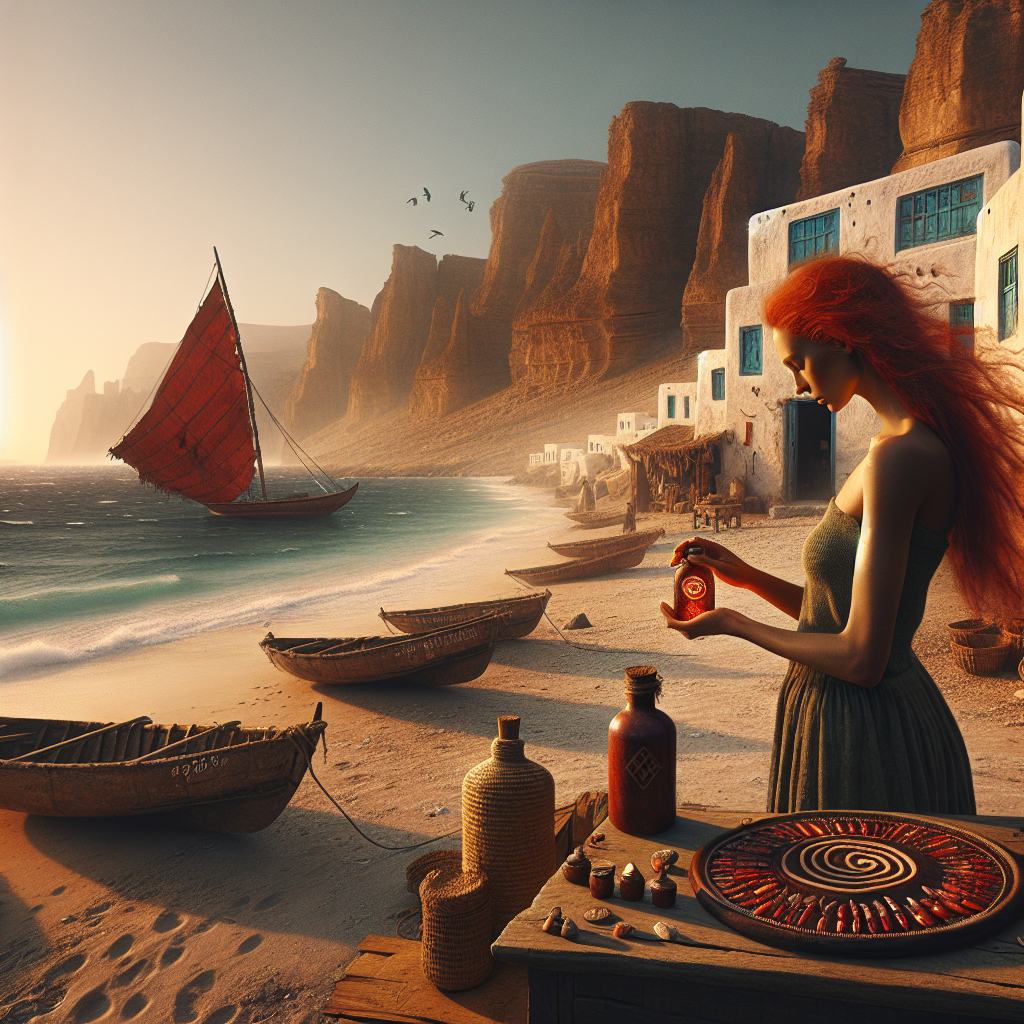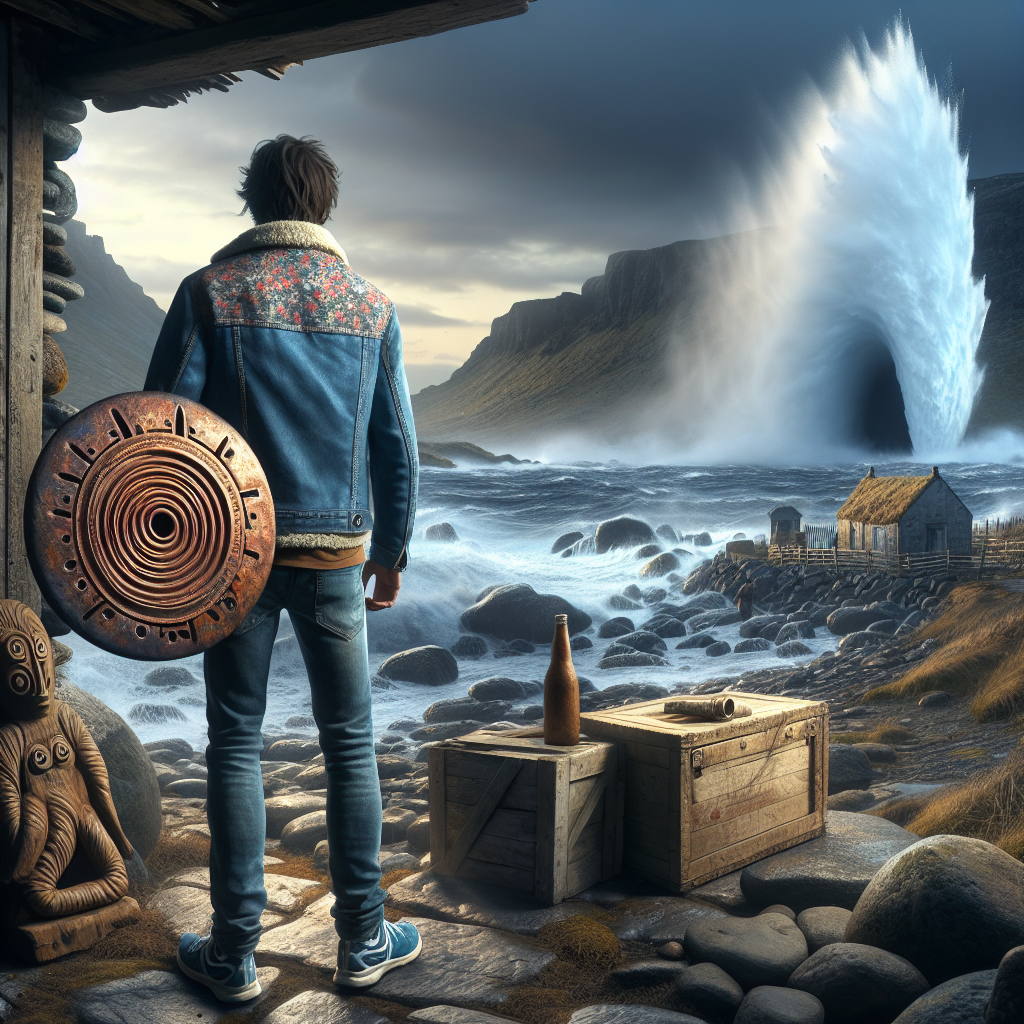
Barbra spends a fruitless day chasing the message that said "Not Hoq. The other breath," testing the copper disc at the north-coast blowhole and nearby fissures without success as the humid pre-khareef wind taunts her. Frustrated, she returns to Hadibu, dresses up in tight jeans, a tank top, a glitter jacket, and her cherished Louboutins to shake off the dead end, and joins a lively courtyard gathering. There, a singer’s ditty hints that the island’s “second breath” exhales at Detwah Lagoon under a half-moon and ebbing tide. Trading her pumps for her blue and white Asics and pulling on her floral denim jacket, she follows the hum into the limestone above town and finds a palm-woven knot sealed with red resin hidden in a crevice. Inside is a tiny clay cylinder holding a goatskin strip marked with the spiral-and-three-notches, a half-crescent sign, and a rough line west toward Detwah with the phrase, “When water leaves, breath returns.” Aligning the copper disc in the warm exhale of the rock produces a faint harmonic and a shifting stone, confirming the clue’s validity but not yet revealing a door. As a thread of incense-scented air rises and a whisper urges haste before the monsoon, Barbra realizes the next step is timed to tide and moon, and that someone unseen is watching.
The north coast gave nothing away. Barbra watched white plumes of surf powder the basalt and limestone, counted the long seconds between each hoarse exhale of the blowhole, and held the copper disc to her ear as if it could answer back. The goatskin map-poem’s lines—where the sea breathes twice, Hoq—now felt like a taunt in light of the sea-glass warning: Not Hoq. The other breath.
Each gust carried the same low hum from the cliffs the locals called Bab al-Riyah, a chest-deep resonance that made her ribs buzz but yielded no lever, no seam, no hidden hinge. The pre-monsoon air had a weight to it, a damp hand on her lungs that seemed to say, before the khareef, or not at all. She tried everything within reason. The copper disc’s spiral and three notches matched the weathered emblem carved into the blowhole’s ledge, yet any alignment she attempted felt arbitrary; the resin-sealed recess she had found yesterday still refused to stir.
She timed the breaths until her neck ached from craning, noting eddies and crosswinds and the moments when the ocean inhaled instead of exhaled, but her notes remained a neat page of impasse. Salim watched from the truck’s shade, saying nothing, his hands loose on the wheel like a man willing to wait out a season. By midafternoon, the cliff-face heat shimmered, the hum dulled into background, and a rare admission rose in her: she had hit a dead end. Back in Hadibu, salt-dusted and prickly with failure, she showered until her skin sang.
In the mirror the freckles she loathed stood out against the flush of sun, constellations she’d never learned to love despite the way strangers called her a natural beauty. Her grandparents had taught her how to do everything alone—lace boots, fix hinges, keep moving—but they had also taught her when to set a problem down before it turned brittle. She toweled off, pulled on her tight jeans and a fresh white tank top, and reached for escape that glittered: a cropped jacket that scattered light like fish scales and a pair of black Louboutins she was always proud and cautious to wear. The soles made her taller, made the world tilt in a way she could enjoy without a map.
The courtyard behind the coffee seller spilled music into the dusk. A drummer’s hands worked the skin taut as breath; a boy clapped; a woman’s voice lifted a melody that curved between laughter and lament. Barbra let the cardamom and smoke and frying onions anchor her, sipped sweet tea, and allowed herself to be tugged into a circle of clapping palms. A fisherman whose smile was easy as tide asked her to dance, and she did, careful of her heels, surprised by the warm rush that always came too quickly when she let herself look at someone’s eyes for a beat too long.
It would pass, she knew; it always did, but for a few songs the dead end loosened its hold. Between verses, the singer shifted to an old island ditty, the kind that sounds like children invented it and old men gave it weather. “Bab al-Riyah laughs twice,” he crooned, “once at Hoq, once when Detwah drinks the moon.” The words pricked her skin. He winked at her when he caught her stare, then let the line tumble into something about goats and stars as if it had never mattered.
On the edge of the gathering, the elderly market woman who’d gifted her the palm-woven amulet lifted her chin and turned away, and Barbra thought of the perceptive young woman from the fishing hamlet who’d warned her once already. Keepers were always clearest in the negative space, in what they did not say. By the time she slipped out, the sky had peeled back to a blunt half-moon and the sea had turned to hammered pewter. She walked carefully, protective of the red bottoms of her pumps on the uneven stone, then laughed at herself and went back to change—trading the Louboutins for her blue and white Asics and shrugging into her floral denim jacket with a relief that felt like taking a deeper breath.
She pocketed the copper disc and the nicked shard of sea glass with its three notches and resin scent. Alone felt right again; alone was honest. The wind carried the hum like a slow exhale as she followed a narrow alley toward the limestone ridge that cupped the town from behind the mosque. The path clawed upward through acacia and thorn, and she moved as she always did, calf and thigh grateful for the work, each step a small return to herself.
The hum grew more intimate as the town thinned—a sound that lived in the rock rather than around it, a body’s whisper inside a ribcage. She paused, eyes closed, to find its source with her bones, and then there it was: a pulse of warm air on her forearm that smelled faintly of resin and wet shell. It wasn’t the violent roar of the blowhole at the coast; it was breathing. The island was breathing.
She found the fissure in a shadowed shelf where the limestone overhung a narrow terrace. Someone had packed its cracks with pebbles and plaster, the palette of repair several shades older than the wall beside it. A tiny palm-woven knot—exactly the pattern of the amulet the market woman had given her—was tucked into a seam and sealed with a smear of red resin the size of her thumbnail. Barbra touched the resin and felt it brittle under her fingertip, warmed by the exhale.
With a patience her grandfather would have approved, she worked the edge of the copper disc under the smear until it gave with a soft snap. The knot was more than a charm. Behind it a thumb-length clay cylinder sat in the crevice like a seed in a pod, its mouth capped and lipped with the same red resin. She eased it free and twisted gently; the top crumbled, releasing a breath of incense, and a narrow strip of goatskin slid into her palm.
In the wash of moonlight she saw the spiral and the three notches inked in ochre again, a crescent drawn at half, and a single wavering line that ran from a dot she recognized as Hadibu westward toward the broad curve that could only be Detwah Lagoon. Along its edge, written in small, neat Socotri, a phrase: “When water leaves, breath returns.”
She held the copper disc to the fissure’s exhale and heard something she hadn’t at the coast: a faint harmonic shiver when she rotated it through certain angles, like a wineglass reaching for pitch. The notches winked in the moonlight. She turned it until the notches aligned with tiny scratches on the limestone’s lip she hadn’t noticed, and for an instant the hum braided with a higher tone that tingled in her teeth.
Somewhere behind the rock, something shifted—so subtle she felt it more than heard it—then settled again. No door swung, no panel opened, but for the first time she believed the mechanism was no dream, only asleep until the timing matched tide and moon. She checked the moon again—half, yes—and stepped backward to find the sea. At the shore, the tide was already dragging its hem, leaving wriggling ribbons of sand as it retreated.
Ebb. Her pulse quickened; Detwah drank the moon on ebb, the song had said. She crouched and did the simple math her grandmother would have teased her for dramatizing: neap tides at half-moon, the lowest ebb in hours, Detwah Lagoon a long drive but reachable before midnight if she woke Salim. A prickle traveled her neck, the bodily certainty that someone was in the act of deciding about her.
Across the road a figure dissolved into cactus shadow as she turned. It could have been nothing; on Socotra, nothing often was not nothing. Barbra slid a small strip of coins into the fissure’s ledge with the goatskin’s clay dust and the broken resin, a quiet offering in the language of trust to whoever had kept this secret breathing so long. She folded the goatskin back into its cylinder and tucked it deep in her jacket pocket, the copper disc warm in the other hand.
The hum stroked her spine like a cat circling a leg. A pebble pinged down the path and the exhale deepened, as if the rock took a longer breath to scent her. The copper disc cooled, then warmed again in the same slow pulse. A thread of frankincense smoke—or something so like it she could taste temple and market at once—coiled out of the crack and vanished.
In the silence after, a whisper seemed to ride the air itself: “Detwah before the winds turn.” Barbra looked toward the road, toward the leaping dark that hid the lagoon, and felt the delicious, dangerous tilt of purpose return—was the sea about to show her its second breath, or had she just told the island’s hidden keepers exactly when and where to stop her?
